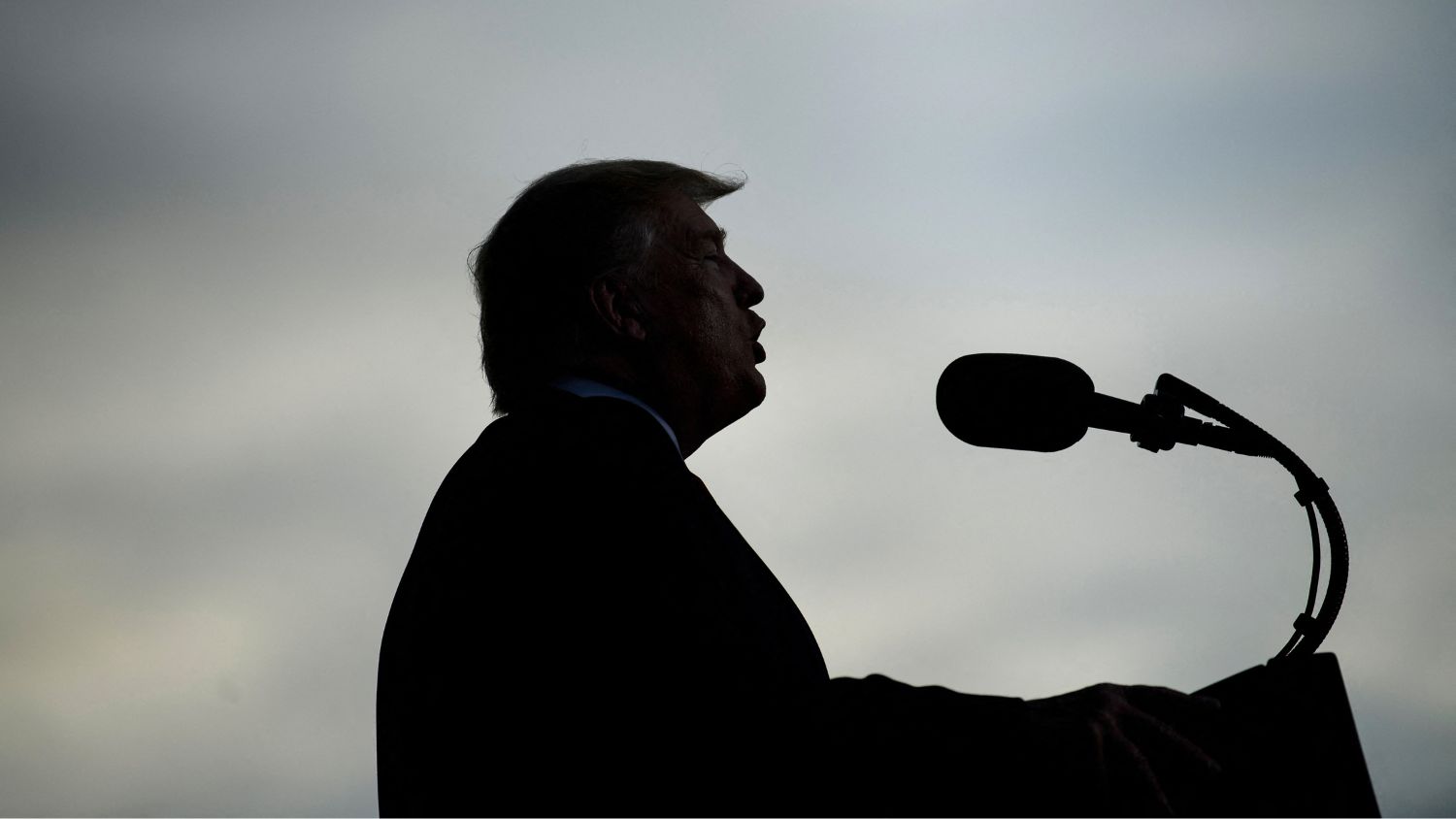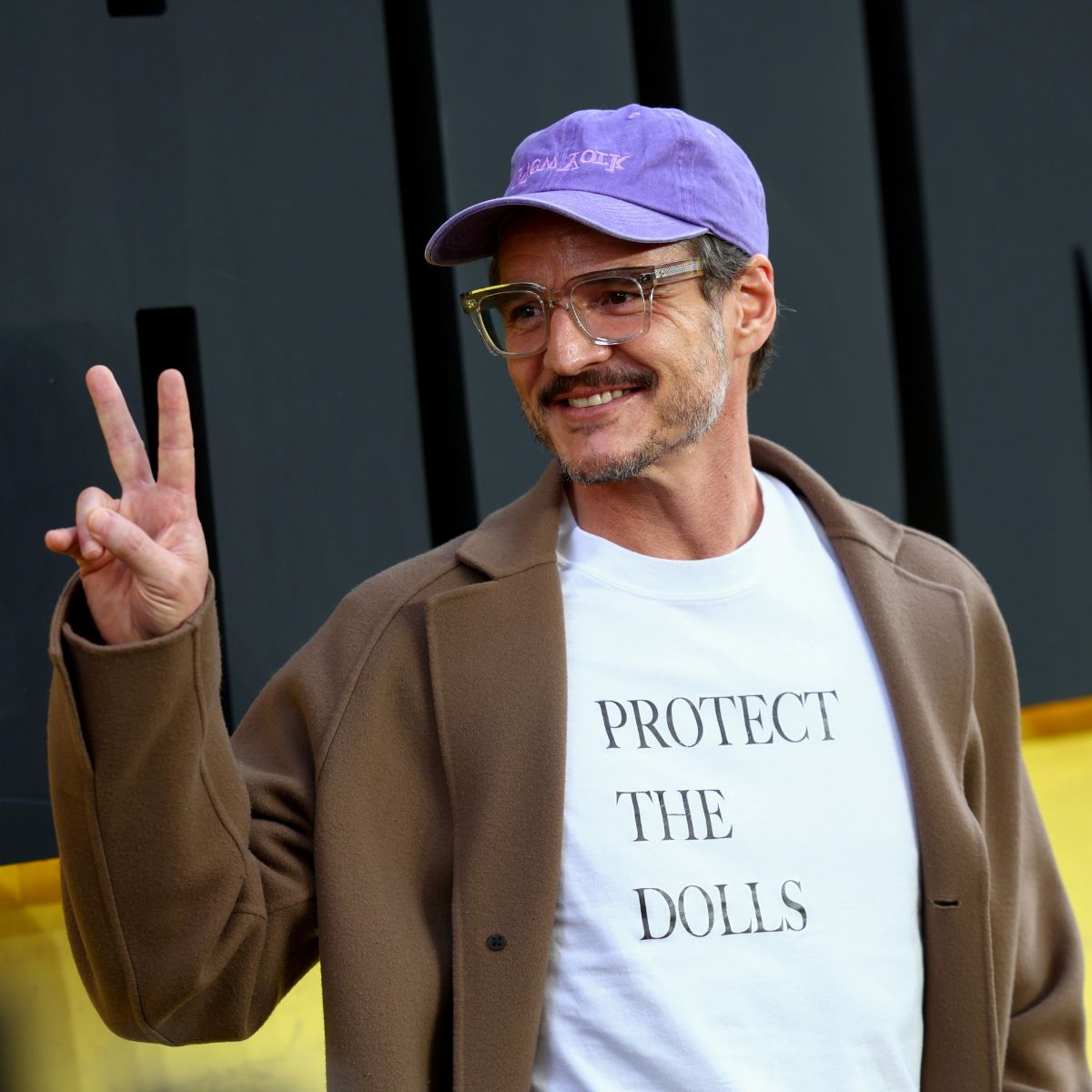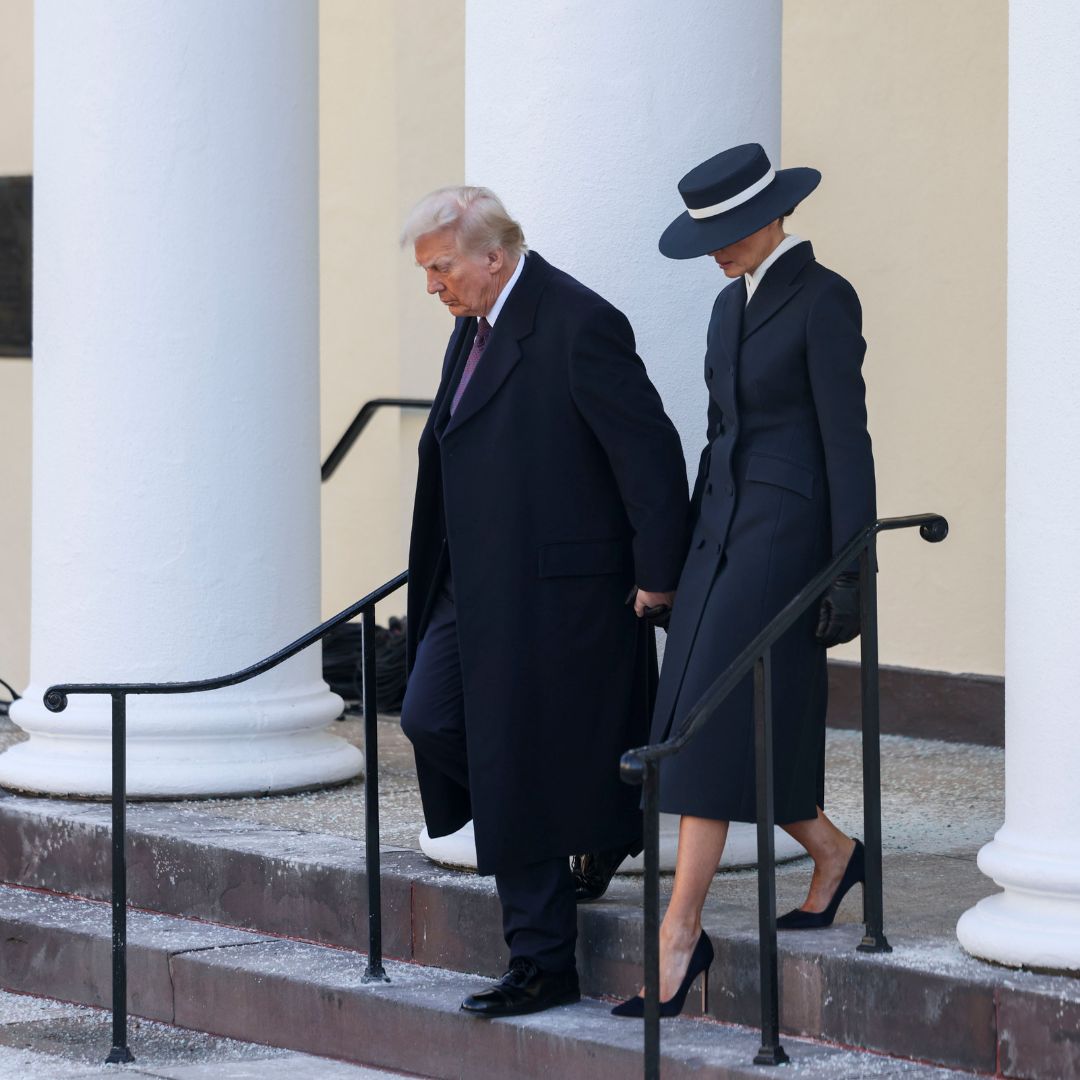Donald Trump has been president for one month—Here is everything he has done
From scrapping bans on plastic straws to rolling back diversity initiatives, here’s how Donald Trump’s Executive orders might impact people around the world


As of today, Donald Trump has been in office for a full month. During that short time, he has made huge changes to America and signed 49 executive orders, scrapping diversity and inclusion initiatives and rolling back LGBTQ+ rights.
The impact of what he has done and said will not stay confined to US borders.
If you follow the news as closely as I do, it can feel overwhelming just trying to stay atop of the sweeping changes being made. Every day, we are hit with a wave of new executive orders and bold claims, such as suggesting DEI hiring initiatives might’ve led to the tragic helicopter crash that killed 67 people.
 RELATED STORIES
RELATED STORIES
It’s starting to feel as if this onslaught is a means unto itself—keep everyone preoccupied with viral soundbites and orders so they can’t keep up with what is happening let alone what it all means.
There is an undeniable sense of activism fatigue and burnout especially compared with 2017, when Trump first took office and people worldwide were galvanised to take to the streets; rally, organise, and protest.
Instead of getting bogged down with the daily Trump updates, here is a rolling run-through of his executive orders and what they might mean.
This story will continue to be updated in order following information provided via the Federal Register.
Marie Claire Newsletter
Celebrity news, beauty, fashion advice, and fascinating features, delivered straight to your inbox!
What has Donald Trump done as President?
Scrapping the plastic straw ban
Donald Trump has just signed another executive order, this time reversing the US government’s effort to replace plastic straws with paper. He declared: “We're going back to plastic straws.” This is far from the only time that Trump has positioned himself against regulations aimed at reducing environmental waste.
So why does it matter? Plastic straws have been a major environmental issue, as single-use items, they often end up in oceans and waterways, contributing to marine pollution and harming wildlife. In response to these legitimate environmental concerns, many US states, cities, and private companies (like Starbucks and McDonald’s) began phasing out plastic straws in favour of alternatives like paper or metal straws. Now that Trump has called time on trying to enforce the use of “liberal” paper straws, environmentalists are concerned about a widespread return to single-use plastics.
Ended Diversity, Equity and Inclusion programmes
Donald Trump has been strongly critical of Diversity, Equity, and Inclusion (DEI) programs, particularly in federal agencies and education. He argues that DEI initiatives focus too much on people’s race, gender, or sexual orientation, rather than their skills and qualifications.
As president, he has also issued orders to end certain DEI initiatives in the federal government, including training programs that he claimed were focused on “critical race theory” and other topics he believed were divisive.
Many opponents argue that DEI programs are important for addressing historical inequities and ensuring diverse perspectives are represented in the workplace and education.
Trump has gone as far as to blame DEI initiatives for the recent helicopter crash, claiming that under Obama, the Federal Aviation Association had said: “They actually came out with a directive, too white.”
Banned trans troops
Trump’s executive order prohibits trans troops from enlisting and serving in the US military.
Back In 2017, Trump announced his intention to ban transgender troops, which sparked both controversy and legal challenges. His administration argued that the military shouldn’t allow people who might need medical treatments to transition to serve, as it could be a burden. Critics, however, argued then—and now—that this policy unfairly targeted transgender people and discriminated against them, especially given that many transgender troops had already been serving honourably.
Banned trans athletes from competing in sports
On Wednesday 5th February 2025, Donald Trump signed an executive order barring trans athletes from competing in women’s sports, effective immediately.
Trump and his supporters argue that transgender women might have physical advantages because they were born male. Critics, however, argue that this ban discriminates against transgender people and overlooks the complexities of gender identity and fairness in sports.
Stated that only two genders should be recognised: male and female
Donald Trump has long made statements suggesting that the US federal government should only recognise two genders: male and female.
Trump’s position pushes the idea that gender should be understood strictly in terms of biology rather than personal identity or expression. His view has ignited debate, with critics arguing it limits people’s rights and recognition, while supporters believe it keeps things in line with traditional views of gender.
Enforced the death penalty
Donald Trump has always been pro death penalty, especially for violent crimes. He also advocates for the death penalty to be applied to drug dealers.
In 2020, under his administration, the federal government resumed executions after a 17-year hiatus.
Again, his stance has been controversial, firing complex debates about the effectiveness, fairness, and morality of capital punishment.
His unwavering support of the death penalty can be traced as far back as 1989 when, as a millionaire businessman not-yet a politician, he took out full-page ads in major newspapers calling for the death penalty to be reinstated for the ‘Central Park Five’, a group of five Black and Latin teenagers aged who were accused of raping a white woman. At the time, the boys, aged 14-16 had not stood trial and all were later exonerated for being wrongfully convicted in a landmark case. Trump continued to assert their guilt long after they were all found innocent and the actual assailant admitted to the crime.
Withdrawn from the World Health Organisation
Donald Trump first attempted to withdraw the US from the World Health Organisation (WHO) in July 2020 during the pandemic. Biden later reversed this decision and now Trump has reversed that decision.
“World Health ripped us off, everybody rips off the United States. It's not going to happen anymore,” said Trump when signing the executive order.
It’s not as simple as pulling out though, Trump will need to get approval from Congress, and the US has to meet its financial obligations to the WHO for the current fiscal year and give a one-year notice period before leaving. If successful, it’ll end 77 years of US involvement.
According to a report by Sky News, experts have warned that withdrawal could seriously weaken the world’s defences against diseases.
Pledged to increase natural resources mining
Trump has signed an executive order calling on increased minerals mining in a move he describes as “Unleashing American Energy”. He believes increased mining will strengthen national security as America will be less reliant on foreign resources.
His administration is also rolling back environmental protections to make it easier for companies to develop mines and extract minerals more quickly, which has raised concerns about environmental damage and the long-term impact on ecosystems.
Stated his intention to reduce foreign aid
As part of his ‘America First Policy’, Trump has said the US should focus more on domestic issues and economic growth and reduce spending on aid to foreign countries, especially if it isn’t directly benefiting America.
Another controversial stance; critics argue it could undermine global stability and weaken America’s influence around the world.
Introduced tariffs
Another ‘America First’ action, tariffs have been imposed on countries such as Canada and Mexico (who have slapped tariffs back at America) in a bid to protect US industries, reduce trade imbalances, boost US jobs, and negotiate better trade deals with other countries, according to Trump’s administration. The long-term impact remains debated.
This story will continue to be updated.

Mischa Anouk Smith is the News and Features Editor of Marie Claire UK.
From personal essays to purpose-driven stories, reported studies, and interviews with celebrities like Rosie Huntington-Whiteley and designers including Dries Van Noten, Mischa has been featured in publications such as Refinery29, Stylist and Dazed. Her work explores what it means to be a woman today and sits at the intersection of culture and style. In the spirit of eclecticism, she has also written about NFTs, mental health and the rise of AI bands.
-
 How the slogan t-shirt became this season's must-have - and why it's more than just another trend
How the slogan t-shirt became this season's must-have - and why it's more than just another trendNot just another Nineties throwback
By Clementina Jackson
-
 How are Trump’s tariffs affecting the fashion industry?
How are Trump’s tariffs affecting the fashion industry?The fluctuating situation in the US is having very real consequences
By Rebecca Jane Hill
-
 Here's every character returning for You season 5 - and what it might mean for Joe Goldberg's ending
Here's every character returning for You season 5 - and what it might mean for Joe Goldberg's endingBy Iris Goldsztajn
